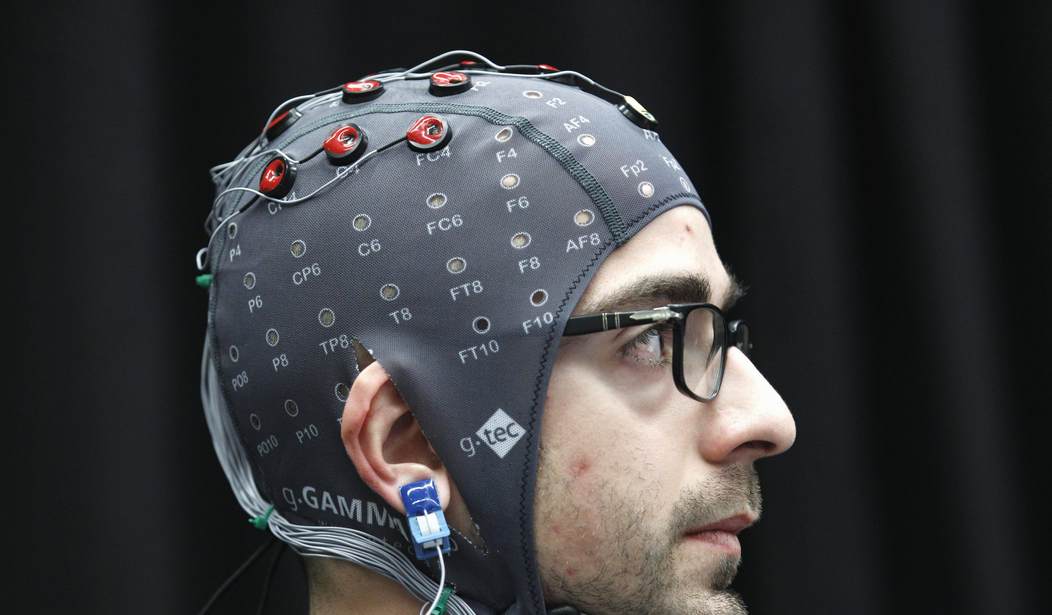Big Silicon intends to provide Internet access to the whole world as part of the effort to harvest the intellectual resources of billions. Facebook’s 10 year plan for example, is centered around giving Internet connectivity to everybody – on its terms. There’s a clear business case for doing this. Sixty percent of the people on the planet are still unconnected to the Internet, predominantly in the 3rd World. Relatively few have access to mobile broadband. If the social media market can solve the problem of connectivity it can expand its base by billions.
Facebook and 6 companies aim to bring the world affordable Internet access with a catch. The Free Basics program will let consumers access certain websites that meet the Facebook’s criteria, a kind of closed garden, for cheap. Facebook’s “Free Basics” will not be the only one of this type but it is the most publicly discussed. Google has a similar effort called Project Loon which will deploy a high-altitude balloon network operating in the stratosphere, where the position of the balloons can be controlled by adjusting only the balloon’s altitude. This could allow countries to avoid using expensive cable thereby greatly increasing Internet usage in developing countries in regions such as Africa and Southeast Asia.
This strategy has been criticized as nothing more than a scheme to target the poor by providing restricted Internet access through a Silicon giant gatekeeper and violating net neutrality. All the same, who can resist free? Especially when the alternative is waiting for corrupt 3rd World governments and their crony companies to do the job, which they might never get around to, net neutral or not.
Ironically Big Silicon clearly stands to gain a lot from “free”. First they can potentially listen to everything you post or say and understand it all on a scale that only computers can achieve. Mark Zuckerberg told US Congress that Facebook would increasingly rely on artificial intelligence to catch hate speech spread on the platform. But it can only do this by understanding speech in general. With the 10 year plan they can do it to the whole world.
Facebook already employs 15,000 human moderators to screen and remove offensive content, and it plans to hire another 5,000 by the end of this year, Zuckerberg said. But right now, those moderators can only react to posts Facebook users have flagged. Using AI to identify potentially offending material would make it faster and easier to remove.
Second, the “free” highway can empty the contents of billions of minds on the planet into their machine learning systems. Machine learning is a field of computer science that gives computers the ability to “learn” (i.e., progressively improve performance on a specific task) with data, without being explicitly programmed. Data is the key. At the dawn of the field of artificial intelligence its founders thought achieving machine vision would only take a summer. They were off by half a century. Some evidence suggests that many major AI breakthroughs have actually been limited by the availability of high-quality training datasets, without which algorithmic advances would have nothing to work upon.
By wiring everybody in, they’ll get the datasets, and thus they hope they’ll get the AI.
But overtly collected datasets are only the beginning. Getting into people’s minds is the top priority for anyone who wants to really get at the information. Facebook has a team of engineers in the mysterious Building 8 working on a brain-computer interface that will let you type with just your mind without invasive implants. The team plans to use optical imaging to scan your brain a hundred times per second to detect you speaking silently in your head, and translate it into text. The goal is to eventually allow people to type at 100 words per minute, 5X faster than typing on a phone, with just your mind. Whether you want that capability is another story.
Billions are soon going to be swept into the machine by large scale wireless connectivity expansion into the 3rd world. The plans are frankly breathtaking. For the megacities there will be high speed wireless networks. In the outlying areas, the vast interiors and sparsely populated places, there will be stratospheric drones and communications spacecraft in orbit. The UAVs in particular will be marvels of technology, robot aircraft with huge gossamer wings, powered by the sun. To most people on the ground, especially in the 3rd world it will be nothing short of magic.But maybe the real magic is to be found in consumer minds, in the myriad facts, skills and secrets they collectively possess. By providing the connectivity Big Silicon stands to gain the use of much of the knowledge of a whole world.
- Human computation “a paradigm for utilizing human processing power to solve problems that computers cannot yet solve.”
- Crowdsourcing “the act of taking a job traditionally performed by a designated agent (usually an employee) and outsourcing it to an undefined, generally large group of people in the form of an open call”.
- Data mining “the application of specific algorithms for extracting patterns from data”.
- Collective intelligence “groups of individuals doing things collectively that seem intelligent”.
It’s a prize like no other in history. Only there’s one fly in the ointment. Does Big Silicon have a right to that immense value? Suppose the people who have the data the giants seek to harvest actually own it?
For Facebook users furious about the Cambridge Analytica data scandal, there are currently two options to protest and protect your data: stay and have little control over your data privacy, or leave and forfeit the convenience and connectivity social media brings.
But what if there was a third option? What if the companies profiting from user-generated data had to pay you for it? What if each user got to decide whom to sell their data to, and at what price?
The personal data that social media and IoT users generate enrich the world’s largest tech companies. But as illustrated in the current testimony being presented by Facebook CEO Mark Zuckerberg to Congress, most of the regulators’ focus is about how data is collected and used, not who owns it. But if the data we’re generating has proven to be so valuable, then why are we the ones paying the price, rather than being paid?
The private ownership of data, not “government protection”, may be the real radical idea of the digital age.
Follow Wretchard on Twitter
For a list of books most frequently purchased by readers, visit my homepage.
Support the Belmont Club by purchasing from Amazon through the links below.
Books:
The Second Machine Age: Work, Progress, and Prosperity in a Time of Brilliant Technologies, by Erik Brynjolfsson and Andrew McAfee. This book reveals the forces driving the reinvention of our lives and our economy. As the full impact of digital technologies is felt, we will realize immense bounty but also experience wrenching change. Professions of all kinds – from lawyers to truck drivers – will be forever upended. Companies will be forced to transform or die. Recent economic indicators reflect this shift: fewer people are working, and wages are falling even as productivity and profits soar. Drawing on years of research and up-to-the-minute trends, MIT’s Brynjolfsson and McAfee identify the best strategies for survival and a new path to prosperity.
Open Curtains: What if Privacy were Property not only a Right, by George Spix and Richard Fernandez. This book is a proposal for bringing privacy to the internet by assigning monetary value to data. The image of “open curtains” is meant to suggest a system that allows different degrees of privacy, controlled by the owner. The “curtains” may be open, shut, or open to various degrees depending on which piece of data is being dealt with. Ultimately, what is at stake is governance. We are en route to control of society by and for the few rather than by and for the many, because currently the handful of mega tech companies are siphoning up everyone’s data, for nothing, and selling it. Under the open curtains proposal, government would also pay for its surveillance in the form of tax rebates, providing at least some incentive for government to minimize its intrusions … (from a review by E. Greenwood).
Skin in the Game, by Nassim Nicholas Taleb. In his new work, Taleb uses the phrase “skin in the game” to introduce a complex worldview that applies to literally all aspects of our lives. “Never trust anyone who doesn’t have skin in the game. Without it, fools and crooks will profit and their mistakes will never come back to haunt them,” he says. In his inimitable style, he pulls on everything from Antaeus the Giant to Hammurabi to Donald Trump to Seneca to the ethics of disagreement to create a jaw-dropping tapestry for understanding our world in a brand new way.
For a list of books most frequently purchased by readers, visit my homepage.
Did you know that you can purchase some of these books and pamphlets by Richard Fernandez and share them with your friends? They will receive a link in their email and it will automatically give them access to a Kindle reader on their smartphone, computer or even as a web-readable document.
The War of the Words, Understanding the crisis of the early 21st century in terms of information corruption in the financial, security and political spheres
Rebranding Christianity, or why the truth shall make you free
The Three Conjectures, reflections on terrorism and the nuclear age
Storming the Castle, why government should get small
No Way In at Amazon Kindle. Fiction. A flight into peril, flashbacks to underground action.
Storm Over the South China Sea, how China is restarting history in the Pacific
Tip Jar or Subscribe or Unsubscribe to the Belmont Club










Join the conversation as a VIP Member